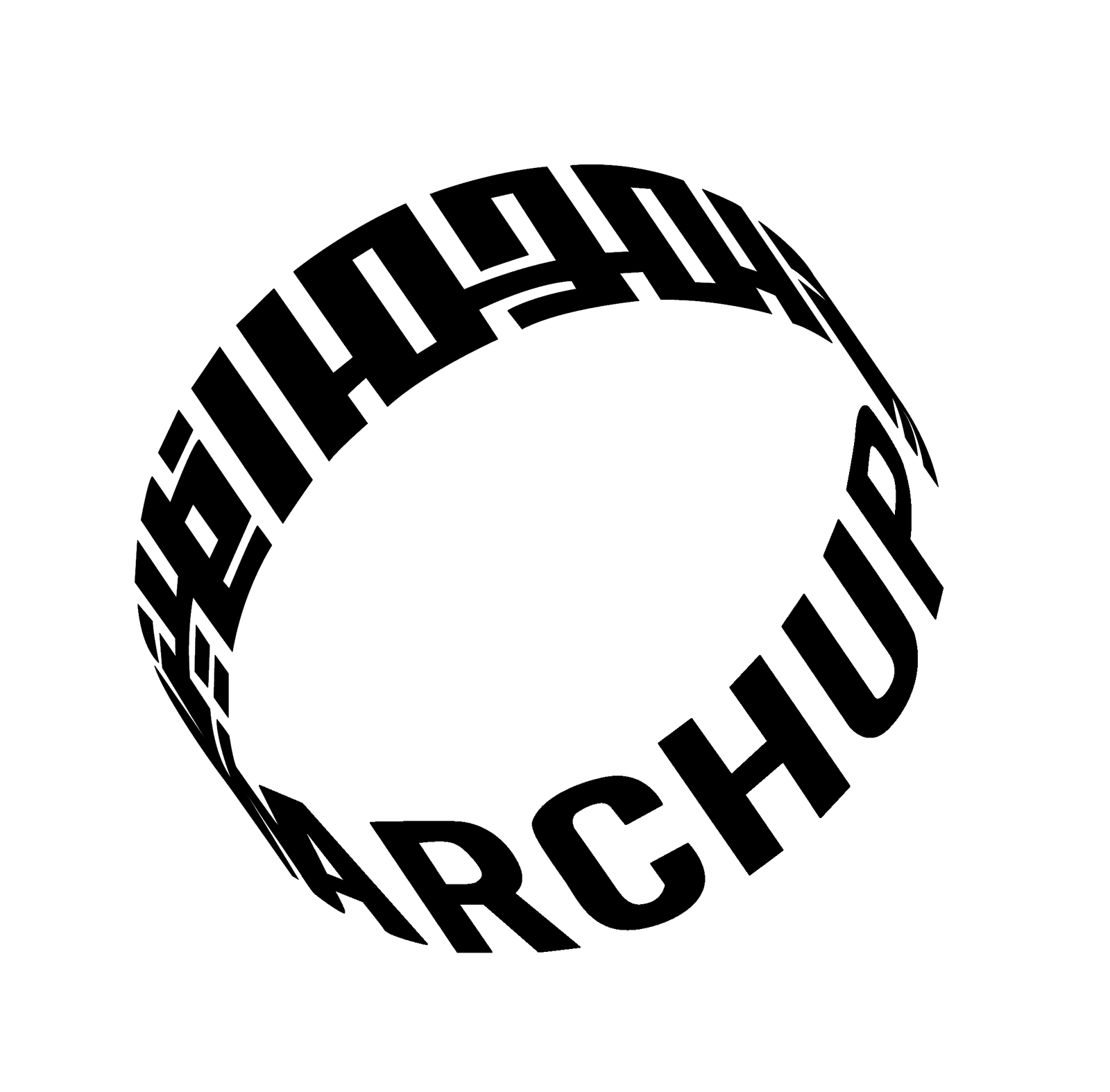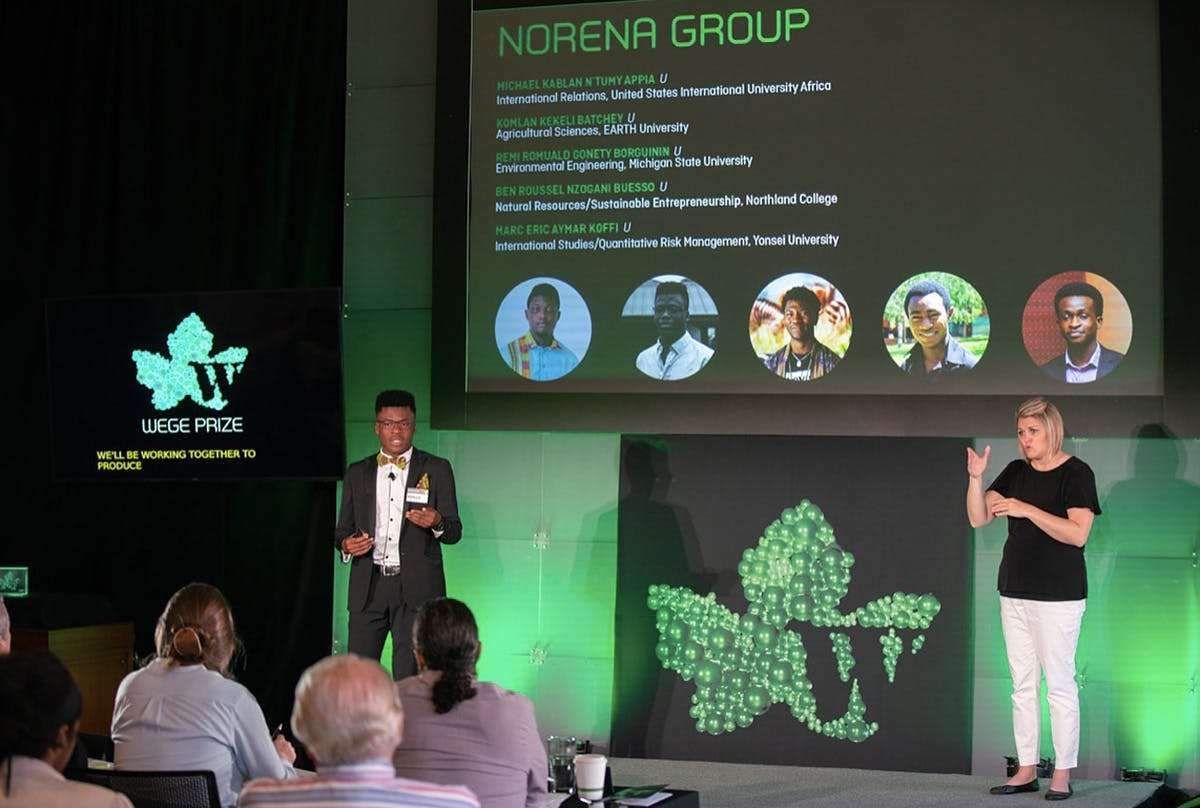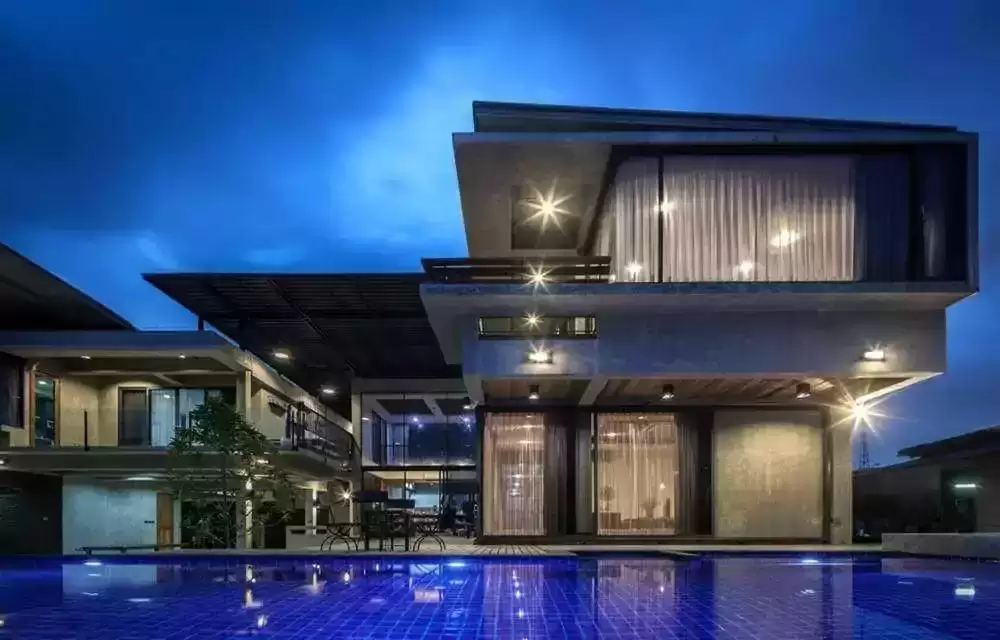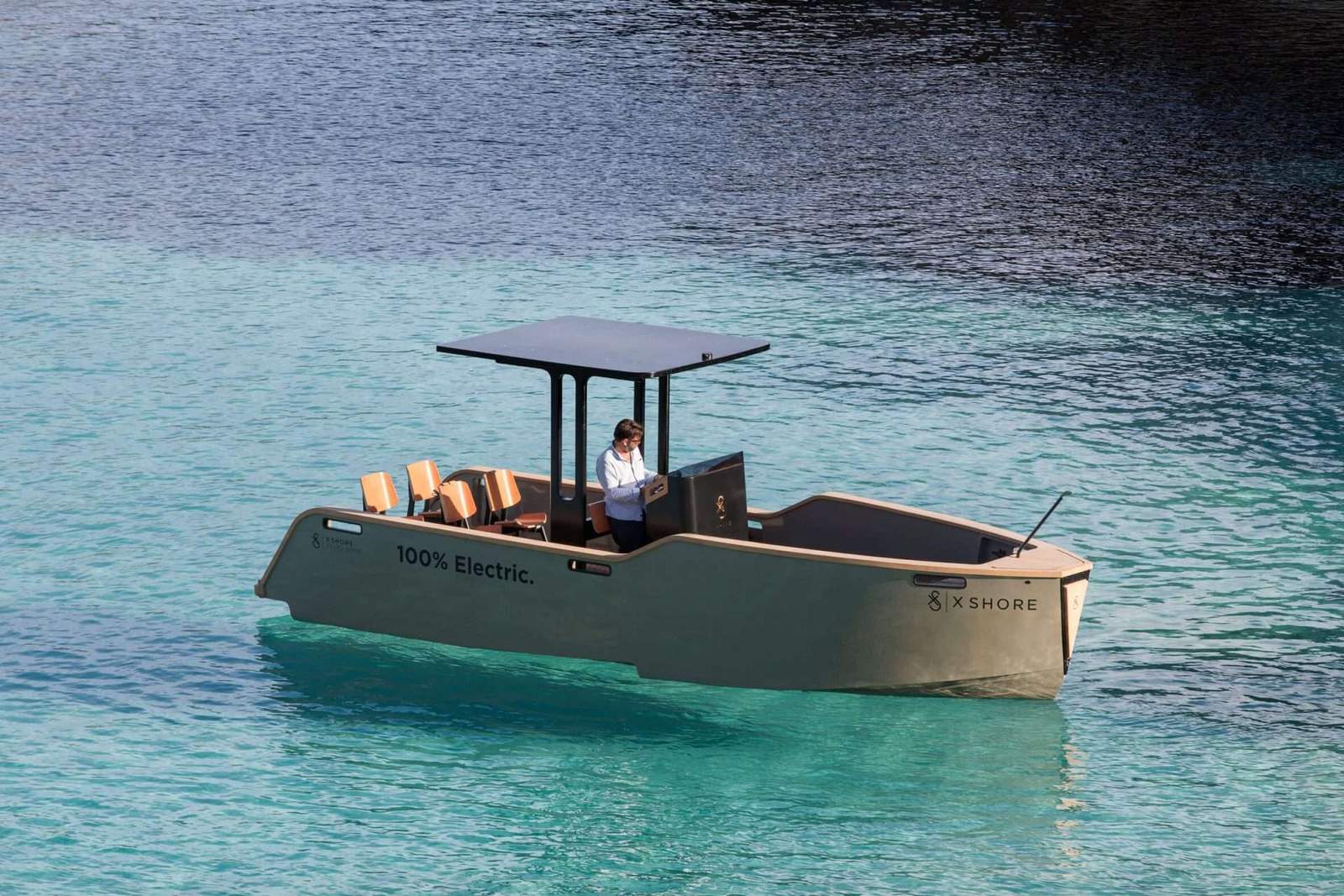Eleven interdisciplinary student teams from round the world are selected to advance to the ultimate phase of the 2021 Wege Prize Student Design Competition.
The international challenge, organized annually by Michigan-based Kendall College of Art and style of Ferris State University (KCAD), invites young designers, engineers, and scientists to tackle a number of the world’s most pressing “wicked” problems and offers a platform for promoting successful solutions.
“We are very happy with not only the standard of the concepts advanced by these teams to assist power a transition from our current linear economy — during which we take, make, and dispose — to a circular economy that’s regenerative intentionally ,” said KCAD professor and Wege Prize organizer, Gayle DeBruyn.
This year’s shortlisted teams, including eight with participants from African countries, are:

Agritrade Hub
“Addressing the wicked problem of increased logging in Ghana creating wood waste and sawdust — about 97,000 metric tons annually — and therefore the mismanagement of waste disposal, the team’s solution proposes transforming wood waste into nutrient-based substrates for mushroom production, resulting in mushroom compost to be used in fertilizing and growing forest and decorative trees, thereby eliminating all sorts of wood waste and mitigating environmental impacts.”

Banga Na

Matooke Republic
“The wicked problem of excessive garbage from matooke bananas creates problems with waste collection, greenhouse emission emissions, and other environmental problems in Uganda. The team proposes processing matooke banana peels into liquid sodium bicarbonate , a substitute for bicarbonate of soda or halite , with the by-product used as organic manure. employing a preservation model that’s 100% natural, the team also extends the shelf-life of the bananas by up to 2 weeks, slashing food spoilage and addressing food scarcity issues.”

Musana

Plant Space
“In Rwanda’s season of June to August, landslides and flooding impact agricultural crops and livestock, contributing to food shortages. the scholar team is functioning on improving the availability of vegetables by creating a hydroponic farming method to deliver high-quality vegetables and supply food accessibility to Rwandans.”

Recipe for Leftovers

Safir
“Harvesting waste from sugarcane farms — instead of the standard way it’s handled, by burning the unwanted materials creating carbon emissions and poor local air quality — is that the goal for the Safir team. Their concept utilizes sugarcane harvesting waste to supply a good range of bioplastics in line with government regulations and therefore the bans on single-use plastics, while also meeting the stress of vendors.”

Sutote

The Chilensis
“With overcrowding already a wicked problem in Santiago, Chile, the pandemic has aggravated the impact. The Chilensis is developing sound isolators using discarded palm leaves waste to enhance the standard of life by providing privacy. Old palm leaves are treated as a waste, but they need significant sound isolation properties and help address the challenge while creating a circular economic opportunity.”

Wastezon

Water Sprinklers
“Also in Rwanda, abundant water resources aren’t enough to serve every citizen, including many of us in rural areas who simply don’t have access to wash beverage . Among other problems, this results in thousands of youngsters under five years old dying from diarrhea per annum . the scholar team is designing a water purification device that’s simple, chemical-free, using ultraviolet lights and proper filters to deal with water scarcity and quality issues.”







